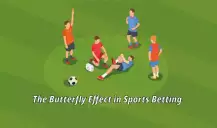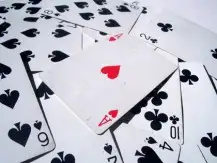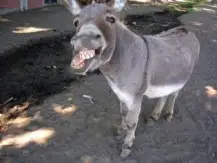
Naturally, the harder the game becomes, the more it becomes necessary to increase volume, to beat the field, variance and rake. I often say that poker is about volume. Sit at the table and spend hours and hours making the best decisions, and so on. I have always been a fan of long sessions. Playing between 10-16 hours, for a long time, was common. 70 hours a week was standard. And with that volume of play, I started to realize that many moves were becoming mechanical, almost automatic. And this is exactly where I try to open the eyes of the readers: do not become a robot at the poker table.
Poker is a mental sport, and must be treated as such! If our opponents sit at the table to play automatically, excellent, we capitalize on that error. Take your time with every decision, think about possible ranges, mentally record your opponents' value and bluff sizes, those who fold more than they should, those who over-call, those who don't bother to select their opponents, who don't care for position, that call without considering odds, never fold overpairs or top pairs. Take every advantage you can from players who don't think the game as they should.
Try to understand the logic and reasoning behind every move your opponents make. Make mental notes of your opponents, according to their level. Record in your mind the weaknesses, where they make the most mistakes and their strengths Always be one step ahead and with your level of thinking one step up.
Keep in mind a basic premise of poker: bad players make bad plays, and they do it simply because they don't think the game as they should. Believe me, most don't even realize that they are playing badly or that they are losing.
Turn poker into a mind game, mash your opponents' robotic and predictable thought process, think outside the box and increase your winrate.









